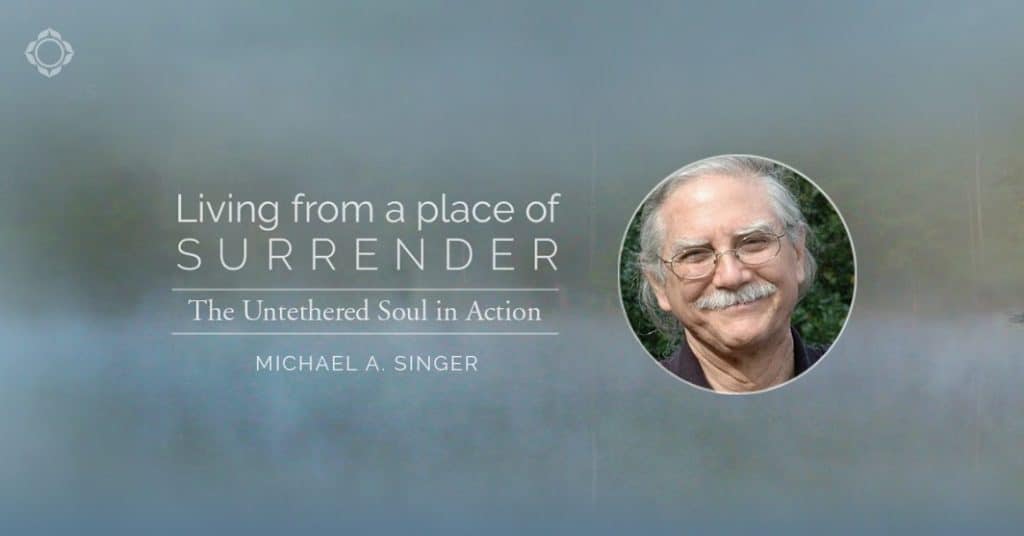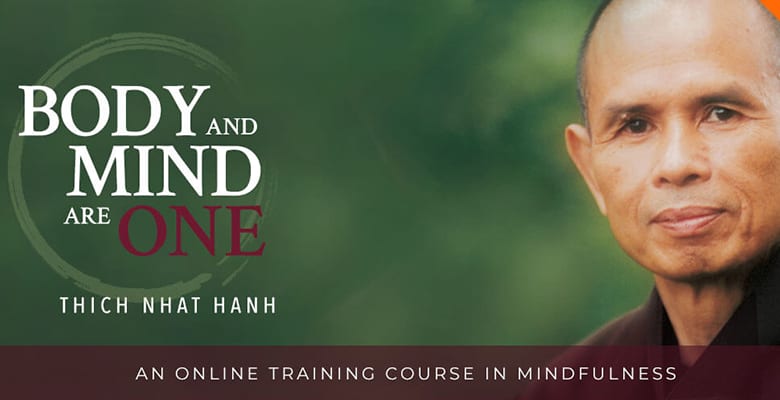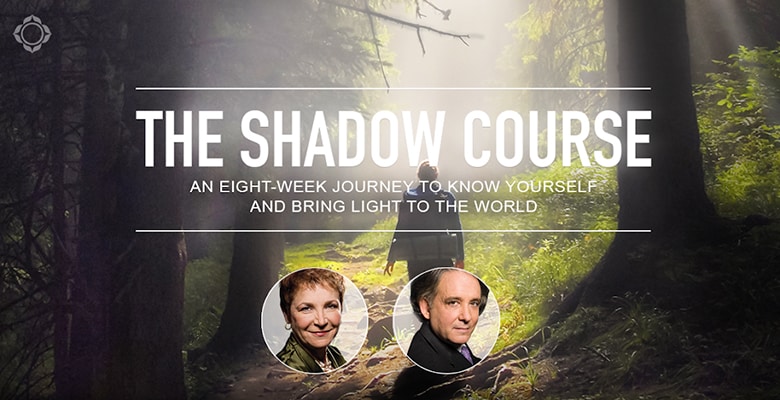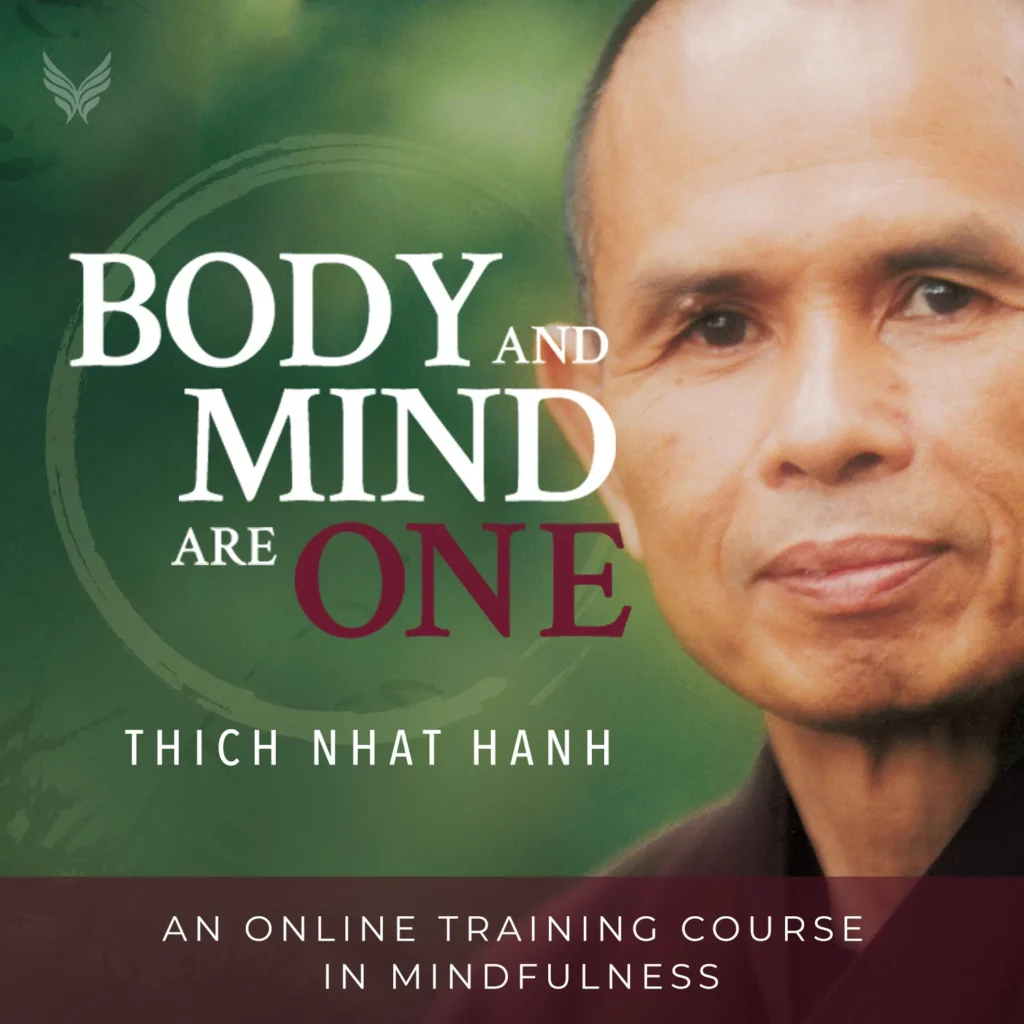With the rise in popularity of meditation around the world, more and more people are starting to wonder whether meditation could be something for them.
One point of hesitation (especially for people in western countries) is whether or not practicing meditation could be considered cultural appropriation.
If you’re wondering if meditation is cultural appropriation, you came to the right place, because in this article we’ll get right to the bottom of it!
So let’s jump in…
Table of Contents
What is cultural appropriation?

Cultural appropriation is a bit of a sensitive topic.
Although not everyone agrees that cultural appropriation is actually a thing, according to the dictionary, there is a clear definition of what it involves.
According to the oxford dictionary, cultural appropriation is:
“the unacknowledged or inappropriate adoption of the customs, practices, ideas, etc. of one people or society by members of another and typically more dominant people or society.”
In other words, when things or elements from a non-dominant culture are used in a way that reinforces stereotypes or contributes to oppression and doesn’t respect their original meaning or give credit to their source, people often speak of cultural appropriation.
What is an example of cultural appropriation?
Let’s have a look at an example of cultural appropriation as seen in the black community.
In the past, black people who wore traditional black hairstyles like dreadlocks (as seen in the picture above) were treated unfairly:
- Black people with locs have been told they can’t walk at their high school graduations
- They got turned down for jobs
- They got wrongly linked to drug use
- They were treated badly in other ways
Because of systemic racism, Black people who wear dreadlocks have to deal with things that don’t happen to other people.
In this case, when people who are not black wear their hair in dreadlocks, it could be seen as cultural appropriation.
Is Meditation a cultural practice?
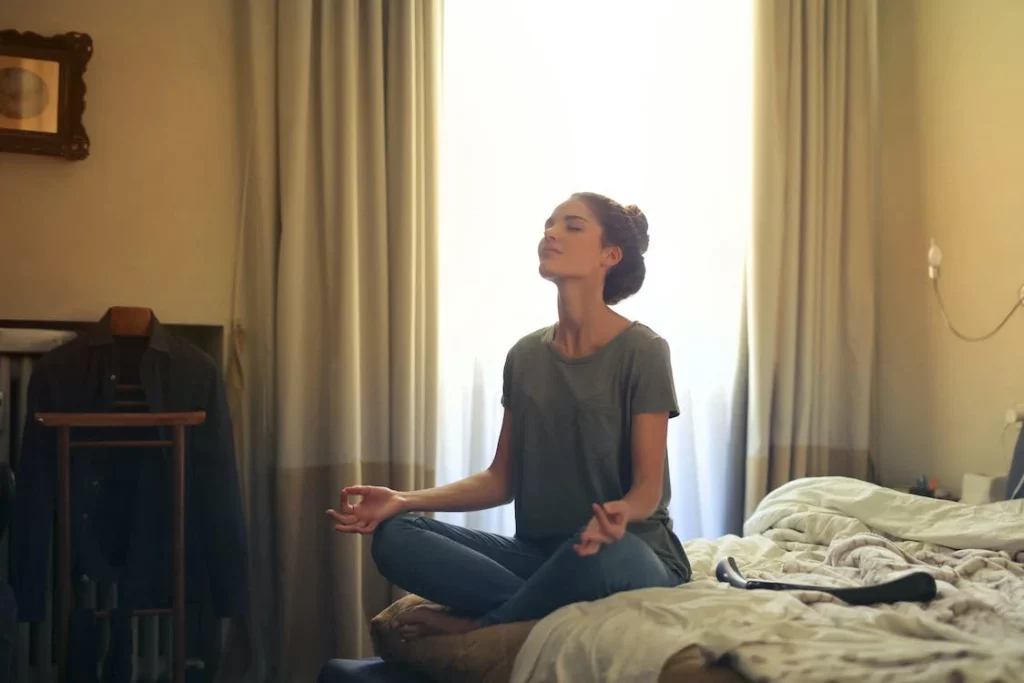
Meditation is practiced in cultures all over the world. As time went on, the basic ideas of meditation were embraced by most of the world’s major religions.
People all over the world believe that meditation is a key part of spiritual growth, even if the ways of doing it may vary from culture to culture.
In fact, all of the major religions include meditation in some way or another, especially in their mystical branches.
Even people who are not affiliated with any religion, practice meditation, simply as a way to calm themselves and let go of stress.
In short, Meditation is not something that is only done in one culture.
Some cultures do it more than others, but that doesn’t mean they own the concept of meditation.
Therefore meditation isn’t really a cultural practice.
Where did Meditation Originate?
It’s difficult to pinpoint exactly where meditation originated, just as it’s challenging to pinpoint how long it’s been practiced.
The oldest documented accounts of meditation date back to Vedantism, an Indian Hindu religion, which emerged around 1500 BCE.
On the other hand, historians believe that meditation was practiced as early as 3000 BCE.
Historians have documented the emergence of several types of meditation in Buddhist India and Taoist China between 600 and 500 BCE.
However, the exact origins of these practices, especially Buddhist meditation, are still debated by historians.
Is Meditation Cultural Appropriation?
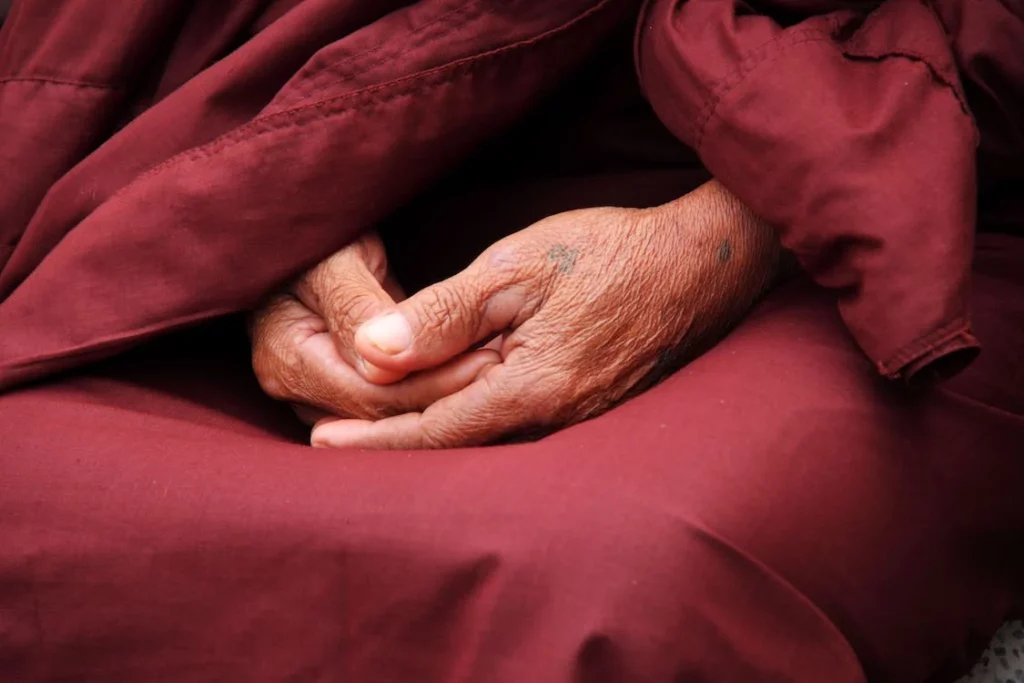
Taking the definition of cultural appropriation into account (as described in the first chapter), we can conclude that meditation can not be cultural appropriation.
This is due to the fact that meditation doesn’t belong to any one culture. As we discussed, its precise origins are still quite unknown.
And although some cultures practice meditation more than others (or started it earlier), it doesn’t mean anyone owns the concept.
Meditation is simply a tool that allows you to train in awareness and get a healthy sense of perspective.
It helps you to observe your thoughts without judgment and eventually better understand them.
It is also a tool for self-realization, which is an inherent right of all people.
Therefore, meditation belongs to all of us!
Online Meditation/Mindfulness courses
Here, you can find some of the best Meditation/Mindfulness courses:
Conclusion
So as we explored, meditation is not cultural appropriation as it doesn’t belong to any culture.
It’s simply a tool that helps us to raise our level of consciousness while also providing numerous health benefits.
It is a right that all people should and do have.
If you have any questions feel free to let me know in the comments below!

